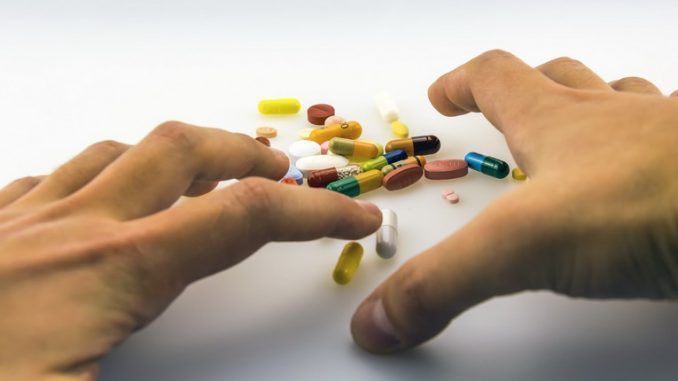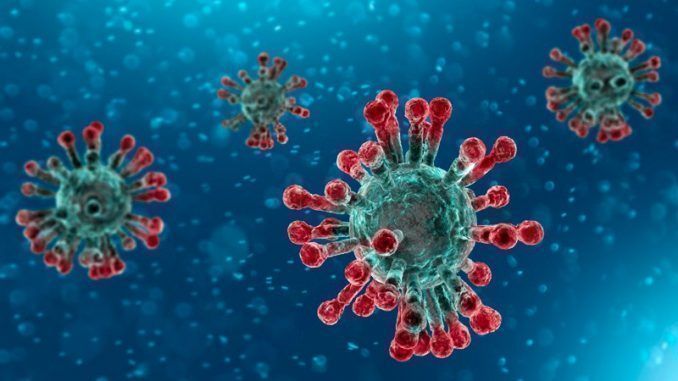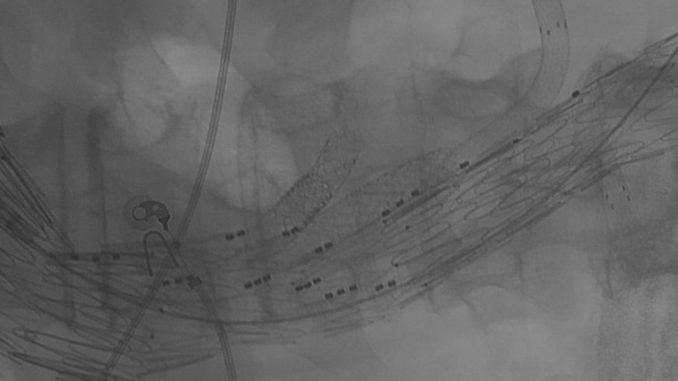Alcohol and drugs in adolescence cause psychiatric pathologies
The World Health Organization estimates that between 10 and 20 percent of adolescents worldwide suffer from mental disorders, with the onset of psychiatric disorders occurring at an increasingly early age. Alcohol and substance use during the age of brain development is a risk factor often underestimated by young people and their families.
The conference organized by Neomesia
The conference organized by Neomesia ‘Adolescents and Young Adults. ‘What therapies for what diseases’ brings together leading experts in this field in Rome today for a discussion on risk prevention, diagnostic tools and therapeutic modalities.
Rome, Nov. 8, 2019 – According to 2018 data from the World Health Organization, between 10 and 20 percent of adolescents worldwide suffer from mental disorders. A figure with respect to which scholars wonder, wondering why numerous psychiatric disorders arise during the adolescent period.
Psychiatric illness in youth and new approaches to treating it are the topics of the conference organized by Neomesia ‘Adolescents and Young Adults’. ‘What therapies for what diseases’ that brings together leading experts in this field in Rome today in a discussion of the most modern diagnostic and clinical-therapeutic tools to make clinical intervention effective and appropriate.
Changed substance use paradigm
With the new millennium, the paradigm of substance use has radically changed: whereas until the 1990s the phenomenon mainly affected individuals on the verge of social marginalization, today this occurs crosswise in various social contexts and, above all, in an increasingly young. According to data from the Addiction Observatory Association, 5 percent of 15-18 year olds have had experience with new psychoactive substances (NPS) and a much higher proportion with alcohol and substances in general.
Paolo Girardi, full professor of psychiatry at Sapienza University of Rome
Paolo Girardi, professor of psychiatry at Sapienza University of Rome and scientific advisor to Neomesia comments, “Drug and alcohol abuse in the period from pre-puberty to adolescence, also known as ‘mind building,’ years when the brain reaches its maximum development to the point of doubling its volume, can cause psychiatric pathologies that are difficult to manage in pre-adulthood and adulthood. Substance abuse cases in adolescents and young adults are steadily increasing, a health emergency with the psychiatric community at the forefront of the search for a possible solution.”.
Increasingly early and alarming is young adolescents’ access to substance use. Studies attest to the onset of the consumption of alcohol, nicotine, cannabis, drugs, supplements and other smart drugs as early as preadolescence, i.e., the period from 13 to 15 years of age (although news facts tell of how extreme cases of cocaine intake and abuse have recently been identified in Italy, at only 10 years of age – in Vimercate, northern Italy and Rome). In addition, access is through the mode of polyuse, which is the intake or habit of consuming different substances in combination with each other.
Young people, but also their families often ‘guilty’ of underestimating the problem
“Young people, but also their families who are often ‘guilty’ of underestimating the problem,” continues Paolo Girardi, professor of psychiatry at Sapienza University of Rome and scientific advisor to Neomesia, “do not know or tend to underestimate the damage that alcohol and substance use can cause at this age, so awareness needs to be generated so that parental control and awareness of the young people themselves can prevent behaviors that are extremely harmful to their mental health.”.
Alcohol abuse, in fact, generates a kind of ‘permanent scar’ that makes the brain system less elastic, so in the adult it will adapt less, resulting in greater ease of contracting pathologies: the use of alcohol and substances radically alters the neurodevelopment trajectory of the nervous system, leading to a lack of maturation of certain brain areas, key to the integrity of behavioral functions.
Disorganization of behavior and aggression
Chief among the effects of this failure to mature is disorganized behavior and aggression, as well as the development of psychiatric disorders that are difficult to manage in pre-adulthood and adulthood. These are both forms of psycho-motor agitation that require emergency-emergency admission to the emergency room and must be managed by psychiatrist-emergency medical teams, and forms of synthetic psychosis, complex psychopathological pictures that persist even after cessation of substance use and require subsequent care at rehabilitation facilities.



